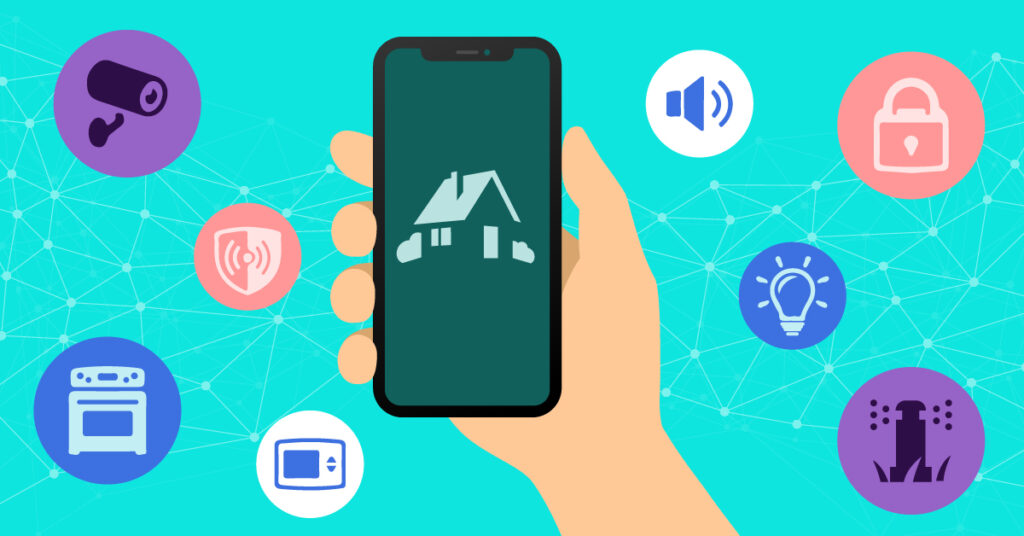Many home security cameras store footage in the cloud, making the videos accessible even if the camera stops working. Although cloud-based storage has several benefits, not everyone feels comfortable sharing close-up shots of their private living space. The good news is that cloud-based systems are only one option. If you don’t feel comfortable using them, you can get a security camera that records to a digital video recorder or network video recorder. Here’s what you need to know about using security cameras with local storage.
Benefits of Local Storage
One of the main benefits of local storage is that you have complete control over your data. When you use a cloud-based security system, you must give a third party access to your video footage. The footage remains on their servers, so there’s always a risk that an unscrupulous employee or an outside hacker will access your data without authorization. You also have to rely on a third party to do regular backups. If they drop the ball, you could lose some of your videos, leaving you without footage to support a police report or insurance claim.
Still another benefit of local storage is that you don’t have to pay a monthly fee for the cloud-based service. The upfront cost of security cameras with local storage may be a little higher, but you save money over the life of your system.
Finally, local security makes it possible to access your videos even if you lose your internet connection. If an emergency occurs during a lengthy power outage, for example, you can file a police report right away instead of waiting for your connection to come back. This is especially helpful if you live in an area prone to hurricanes, wildfires and other natural disasters.
Drawbacks of Local Storage
Local storage gives you more control and reduces your total cost of ownership, but there are a few potential drawbacks.
First, you need to shop for a camera that supports large storage media. Not all brands do, so if you plan to use local storage, make sure you purchase a compatible security system.
The lack of cloud storage also makes you a little more vulnerable in the event of theft. If someone steals your equipment, you won’t have any footage stored online. You must also purchase your storage media separately, increasing your upfront costs.
DVR vs. NVR Storage
DVR (digital video recorder) sounds similar to NVR (network video recorder), although they have different uses. Digital video recorders convert analog footage into a digital format, which is critical if you have an analog security system. Network video recorders work only with digital footage.
You don’t necessarily have to buy a DVR or NVR to use local storage. Many models support flash drives and microSD cards, keeping your expenses low.
What You Need to Know Before Buying Security Cameras with Local Storage

Many companies offer home security systems, but each one is a little different. Some models are simple, while others come with cameras, doorbell alarms, window alarms and other components. Before you invest in a security system, follow these steps:
- Decide if you want a wired system or a wireless system. A wired system uses your wireless network to communicate, so if there’s a problem with your modem or router, your security system may not work until the problem is resolved. Wired systems connect directly to a power source, making them more reliable. Despite the increased reliability, wired systems also cost more to install and don’t work with Alexa, Google Home and other smart devices.
- Set a budget. It’s possible to get a simple security camera for less than $100, but you’ll need to spend more if you want something with smoke detectors, security lights and other features. Before shopping, determine your spending limit so you can narrow your search to models in your price range.
- Decide whether you want to install the system yourself or hire a professional to do it for you. Simple systems are easy to install, but hiring a pro can give you extra peace of mind. If you buy a system from an established security company, you may qualify for free installation.
The 4 Best Security Cameras with Local Storage
If you’re unsure where to begin, check out these camera models. They all use local storage rather than requiring you to sign up for a monthly cloud storage subscription.
1. Blink Outdoor
The Blink Outdoor camera uses your wireless network, allowing you to take advantage of smart home technology and other online features. This model, which retails for $99.99, has a 2-year battery life and works with a flash drive with up to 265 GB of memory. One of the main drawbacks is that it stores short clips rather than longer videos.
2. AlfredCam
AlfredCam is ideal for indoor security, as it has strong night vision. If you’re concerned about an older adult or a young teen who has to stay alone for a few hours every day, the AlfredCam is a good choice for monitoring their safety. AlfredCam retails for just $29.99, making it one of the most affordable security cameras with local storage on the market. It also has microSD card support for your convenience. This model isn’t waterproof, so keep it indoors at all times.
3. eufy Video Doorbell
With a video doorbell, it’s easy to see who’s standing on your porch, stoop or front walk—making it an ideal home security measure. One of the best models on the market is the eufy Video Doorbell, which retails for $199.99. It’s a little more expensive than other cameras on the list, but it also creates high-quality videos and is extremely easy to set up. Before you buy, you should know that high-quality videos use up storage space faster than lower-quality videos, so you may need to buy multiple memory cards or flash drives.
4. eufy SoloCam E40
The eufy SoloCam E40 retails for $129.99, so it’s a little pricier than some models, but it’s weatherproof and works well with Google Assistant and Alexa. This model also recharges via USB, eliminating the need to worry about finding a free electrical outlet when the camera’s battery is about to die. One of the main drawbacks of the eufy SoloCam E40 is that it doesn’t have a floodlight.
Is A Locally Stored Security Camera Right For You?
There are several benefits to storing your security footage locally. In addition to having total control of your footage, you can avoid paying a monthly cloud storage fee if you store the footage locally. Also, you don’t have to worry about pesky internet connections; locally-stored footage is available even when the internet is down. However, this option isn’t for everyone, and if you go this route, you will need to invest in plenty of storage.
You might also be interested in: The 8 Best Security For Basement Windows Options




